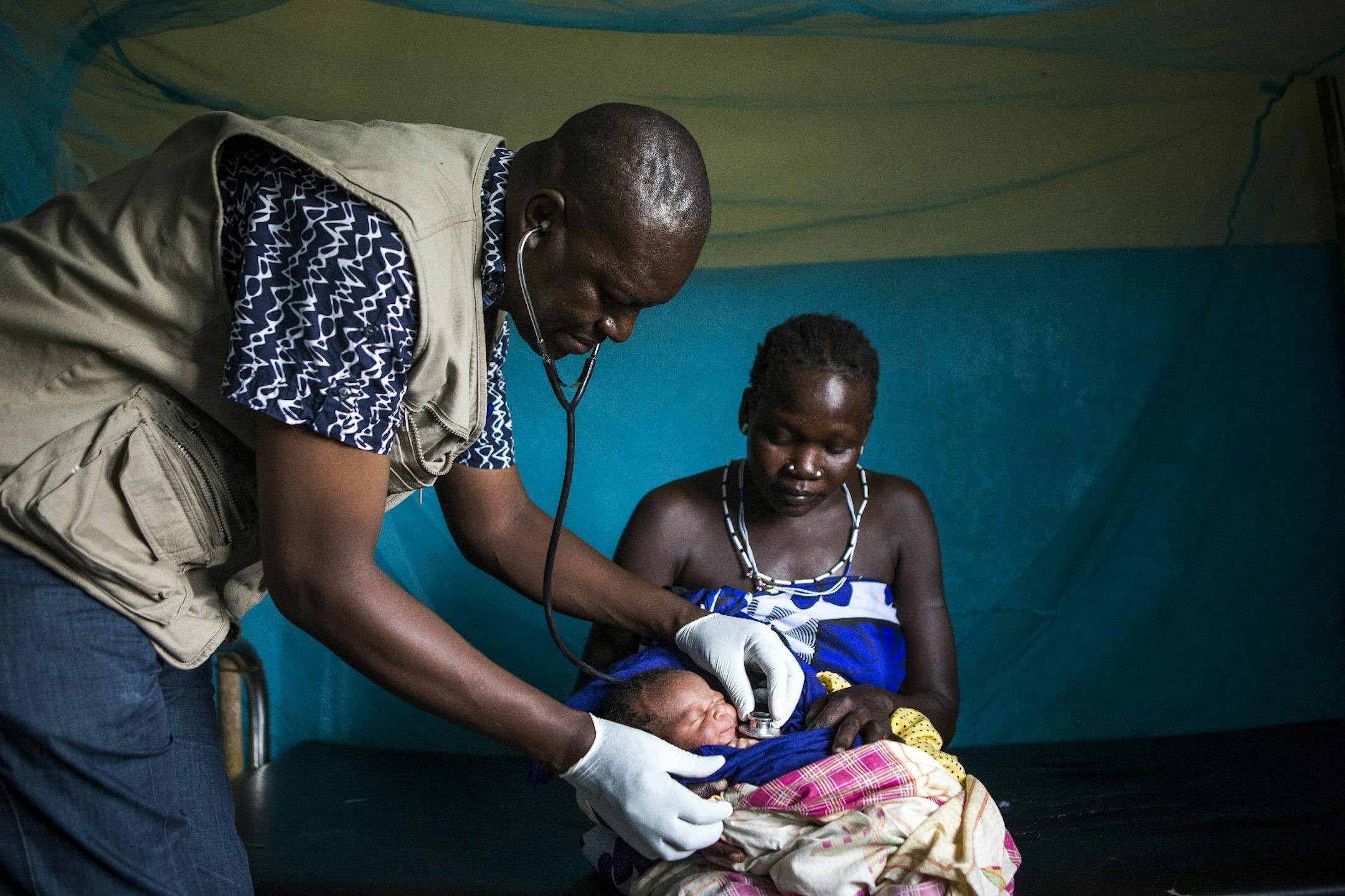Nearly 15 years ago, Alight started to integrate human-centred design into our humanitarian programmes and began to invite displaced individuals to co-create solutions alongside us. After introducing this model of co-creation and supporting locally led efforts on a global scale, we realised that the conventional language of humanitarian aid often falls short of our mission.
For too long, the humanitarian sector has been mired in vocabulary with roots in colonialism. For example, it is still common to hear humanitarians talk of a ‘mission’ in the ‘field’, language that reduces diverse communities from low-income countries to a monolithic other in need of saviours. Even the meaning of the word humanitarian has dulled over time, losing the sharpness of its underlying belief in the value of human life to become a generic synonym for charity or assistance. But there are other, more subtle ways in which the language we use undermines a human-centred approach.
Read Jocelyn's op-ed on the Humanitarian Practice Network website
Download Alight's Language Guide









